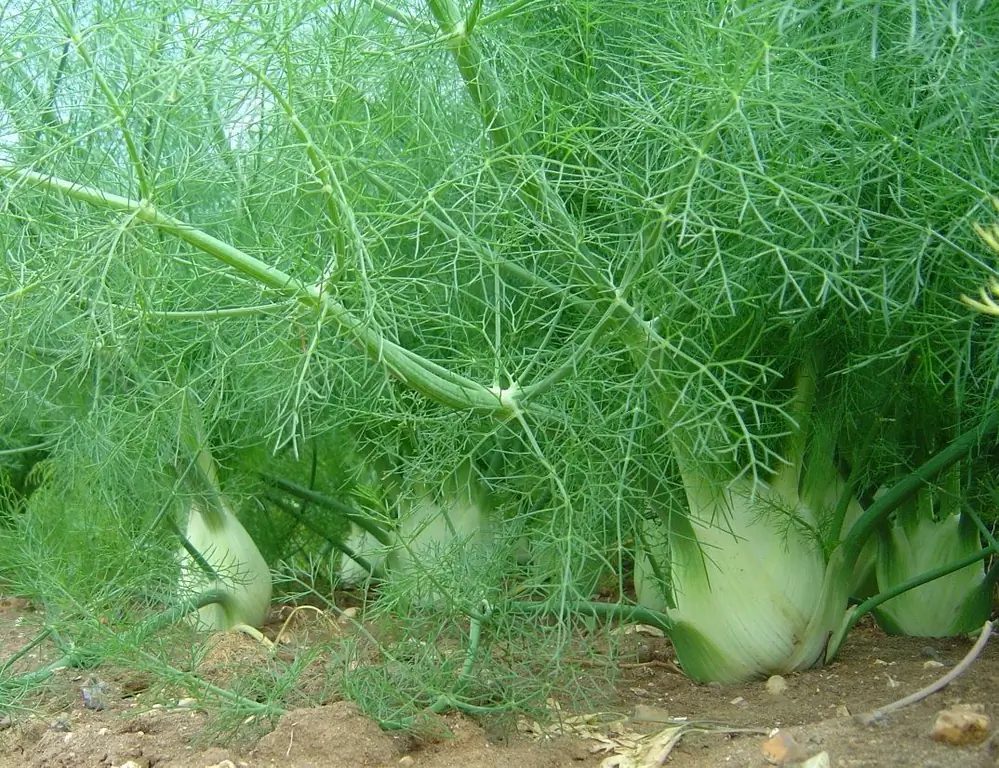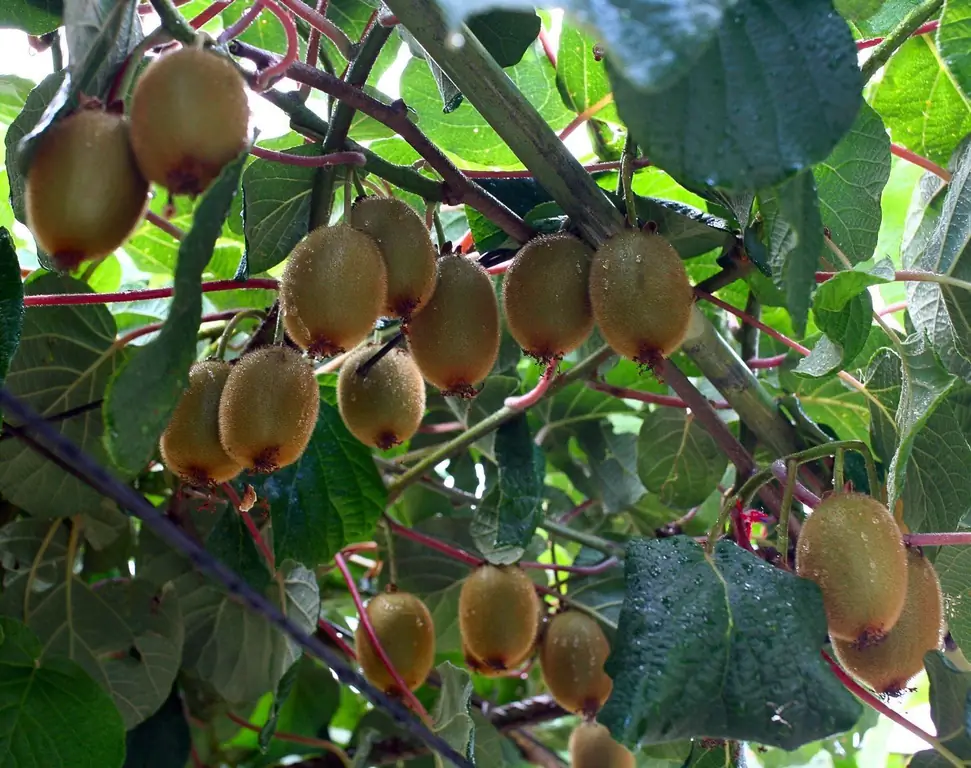
Table of contents:
- Author Bailey Albertson albertson@usefultipsdiy.com.
- Public 2023-12-17 12:53.
- Last modified 2025-01-23 12:41.
Down the drain: 5 signs of seeds you shouldn't buy

It is necessary to take a responsible approach to the choice of sowing material - low-quality seeds may not germinate or show a result that is absolutely not consistent with the declared one. Compliance with simple rules will help you navigate the vast summer cottage market and choose exactly what you need.
Selling in the wrong place
There is no shortage of seeds - wherever they are sold: in hypermarkets and specialized stores, at spontaneous points, in markets and via the Internet. In order not to waste time and money, you need to carefully choose the place of purchase of seeds.
You should not take the material off hand or on the market - even if the packaging belongs to a well-known brand, and the variety is the same, sellers very often do not comply with the terms of sale and storage. You may encounter expired or spoiled goods.
It is doubly dangerous to buy seeds from hands without factory packaging - no one can guarantee that the variety sold corresponds to the declared one, and instead of an expensive hybrid, you can easily purchase a “wild” version of the plant. It will be possible to find out about this only after some time, and there will be no opportunity to call the seller to account.
Your best bet is to purchase seeds from stores that specialize in agricultural supplies. As a rule, they have all the necessary licenses, and in the season there is enough traffic so that the goods do not lie on the shelves.
Lack of important information
If only the name of the variety or plant is indicated on the seed bags, this should alert you. Most likely, you have got into your hands low-quality material, a fake or a self-bred variety without any guarantees for germination.
Here is a list of the must-haves on a seed package:
- manufacturer's name;
- expiration date and production time;
- batch number.
It's good if the package also contains the GOST number and detailed information about the manufacturing company: its phone number and legal address. Conscientious companies do not hide their data.
Ideally, information on shelf life should be stamped on top of the package or indicated on a separate sticker: the fact is that seeds from different batches can be placed in the same package, with a difference in shelf life up to a year. The date printed in the printing house does not inspire confidence.
Blurred letters on the package
The most important condition for good germination is compliance with storage conditions. First of all, it is necessary to maintain the temperature and humidity regime. If there are damp spots on the seed bag and the ink is smeared out, this is a sign that the product has been exposed to water or mold. Be that as it may, it is not worth purchasing such planting material. It is best to change batch or supplier.
Unscrupulous sellers can disguise themselves as well-known firms. If you notice that the photo on the seed bag is blurry, the paper is of poor quality, and the letters are poorly printed, then it is more likely to be a substandard fake.
Long shelf life
When buying seeds, you need to pay attention not to the expiration date indicated by the manufacturer, but to the harvest date. It is this parameter that should be key in determining the quality of the planting material. Seeds should not be harvested later than 9-12 months ago - contrary to popular belief, almost all seeds lose their germination significantly if stored for more than a year.
That is why long shelf life, up to 5 years, is a common marketing trick. Indeed, the seeds can survive and even sprout after this time, but the percentage of germinated plants will be very small.
Before buying, be sure to find the desired variety on the Internet, collect detailed information about the germination parameters and shelf life - this way you can protect yourself from scammers.
Unknown to science variety
With the development of online stores, a huge number of "non-existent" plants appeared on sale. Sellers from Chinese sites, where they offer to buy such curious goods as blue strawberry seeds or 1-meter cucumbers, are especially fond of this sin.
Yes, such tricks are obvious even for someone who is not an expert in the field of agriculture - at best, they will send you the most ordinary seeds of an undefined variety.
However, it is possible to stumble upon fakes of this kind even in ordinary stores - fraudulent sellers can act more subtly and use non-existent variety names for advertising purposes. The average consumer usually does not know how one cucumber hybrid differs from another. Therefore, it is best to find out in advance which variety you need, and, if necessary, check it against the state register of breeding achievements.
It is also a good method to purchase only proven seeds of familiar producers and varieties.
Recommended:
Growing Fennel From Seeds (including Vegetable Seeds) At Home And In The Garden + Photo And Video

Practical tips for growing fennel from seed. Fennel species, varieties suitable for growing in the middle lane
How To Grow Kiwi (at Home From Seeds, Seeds, Etc.) + Video And Photos

Step by step instructions for growing kiwi at home. Growing from seeds and seeds, taking care of seedlings and plants during the growth period
What To Do If, After Flashing Android, The Phone Or Tablet Does Not Turn On, Does Not See The Network, Does Not Charge

Why does my smartphone or tablet not work after changing the Android version. How to troubleshoot various problems. How to properly reflash a device
What Programs Of The 90s Are Worth Watching

What humorous TV shows of the 1990s are worth watching to laugh heartily
Signs That Indicate What The Other Person Really Thinks Of You

What are the signs that you can understand what the interlocutor really thinks of you
